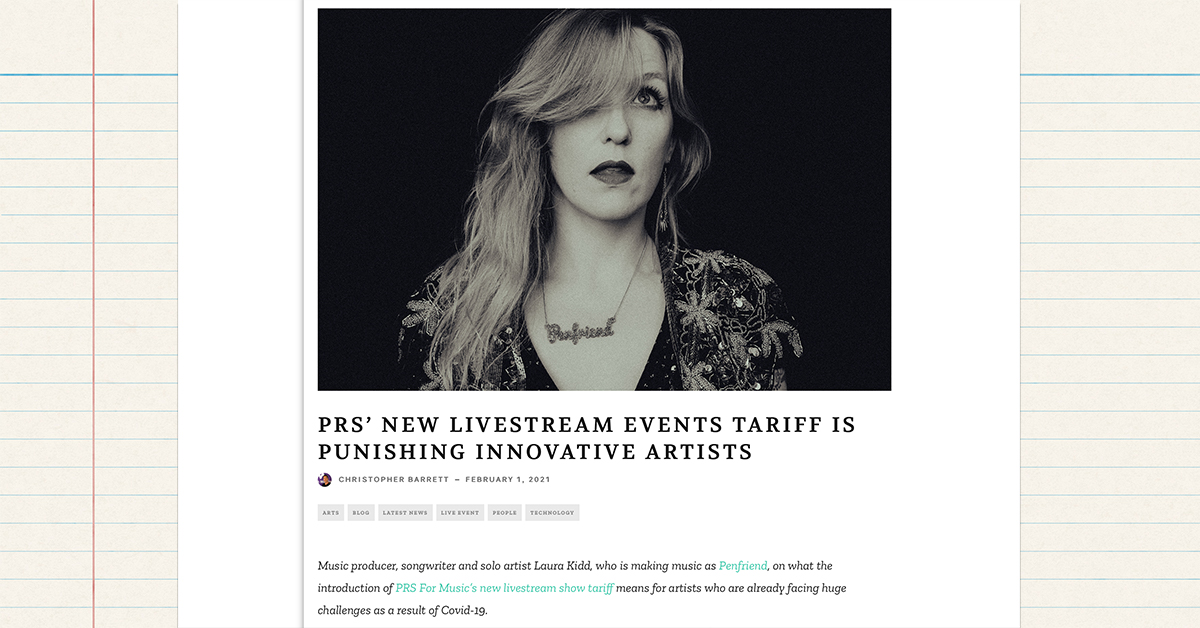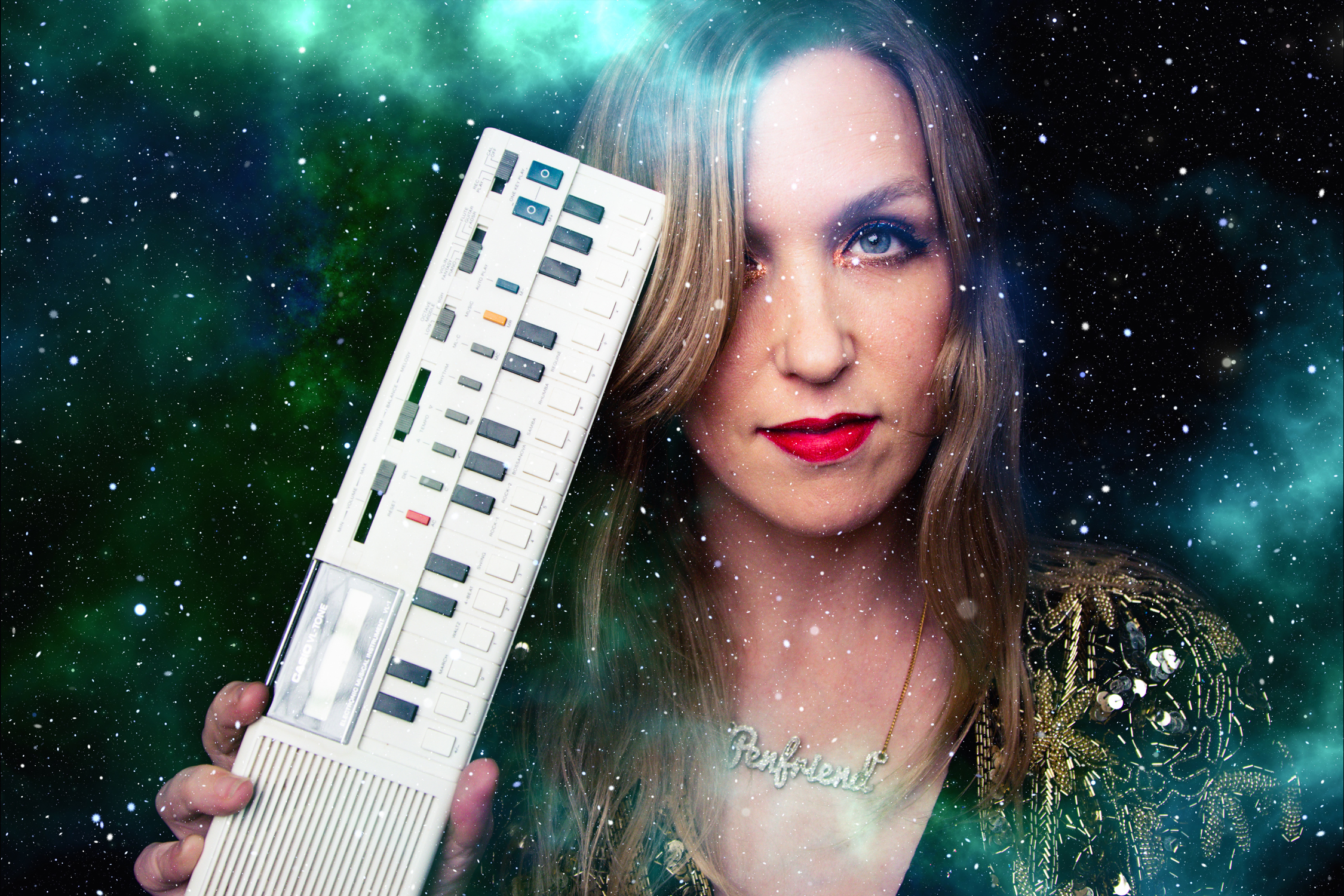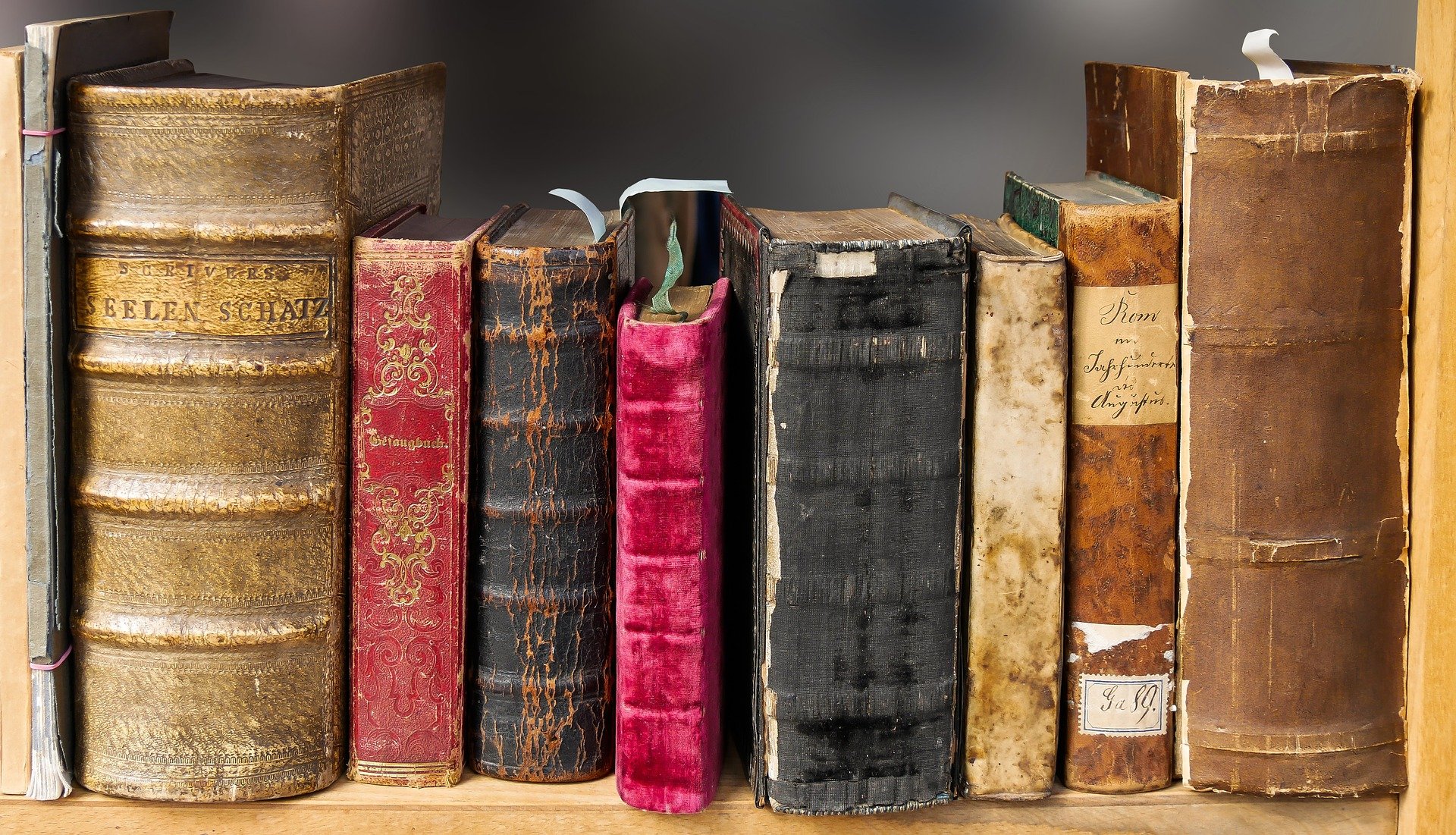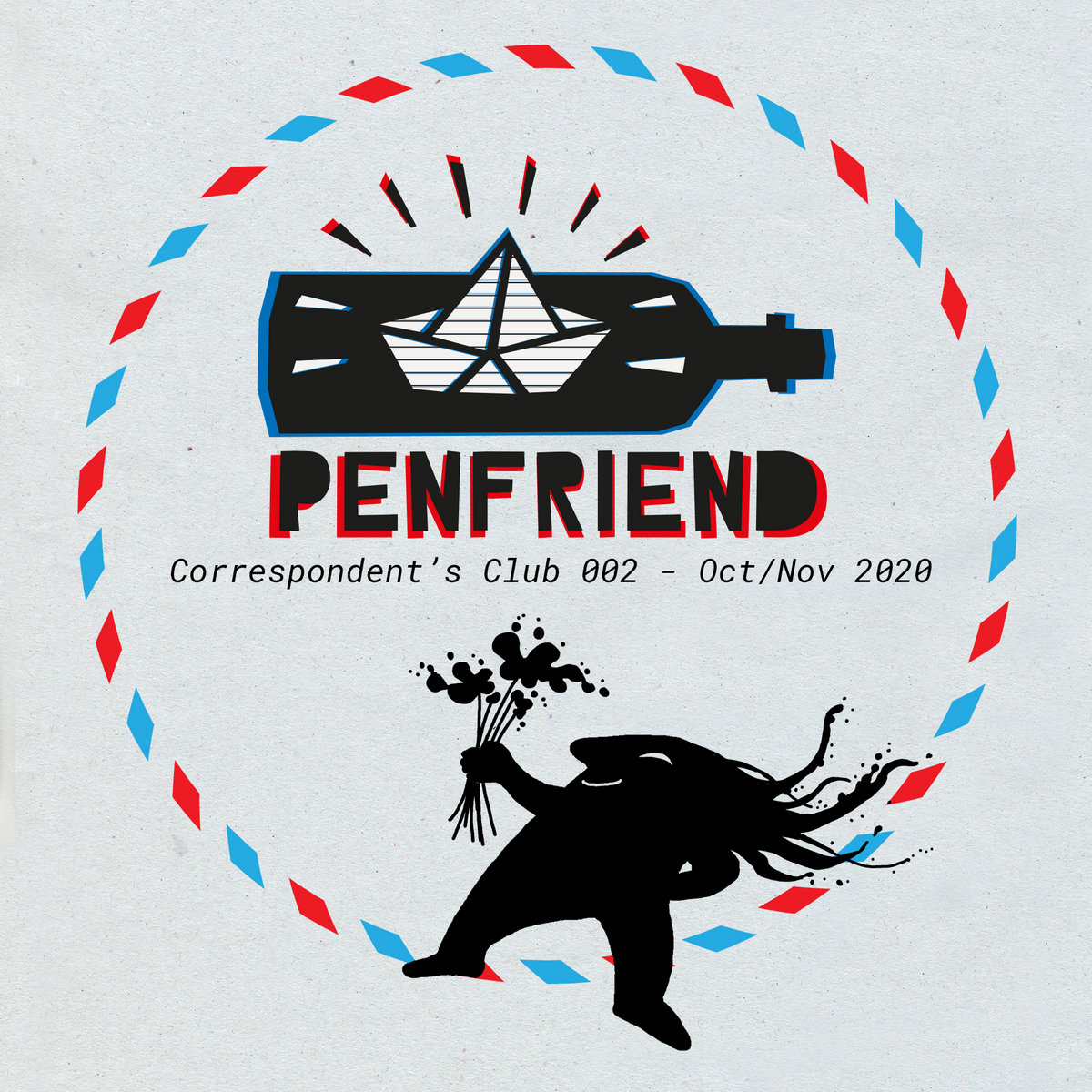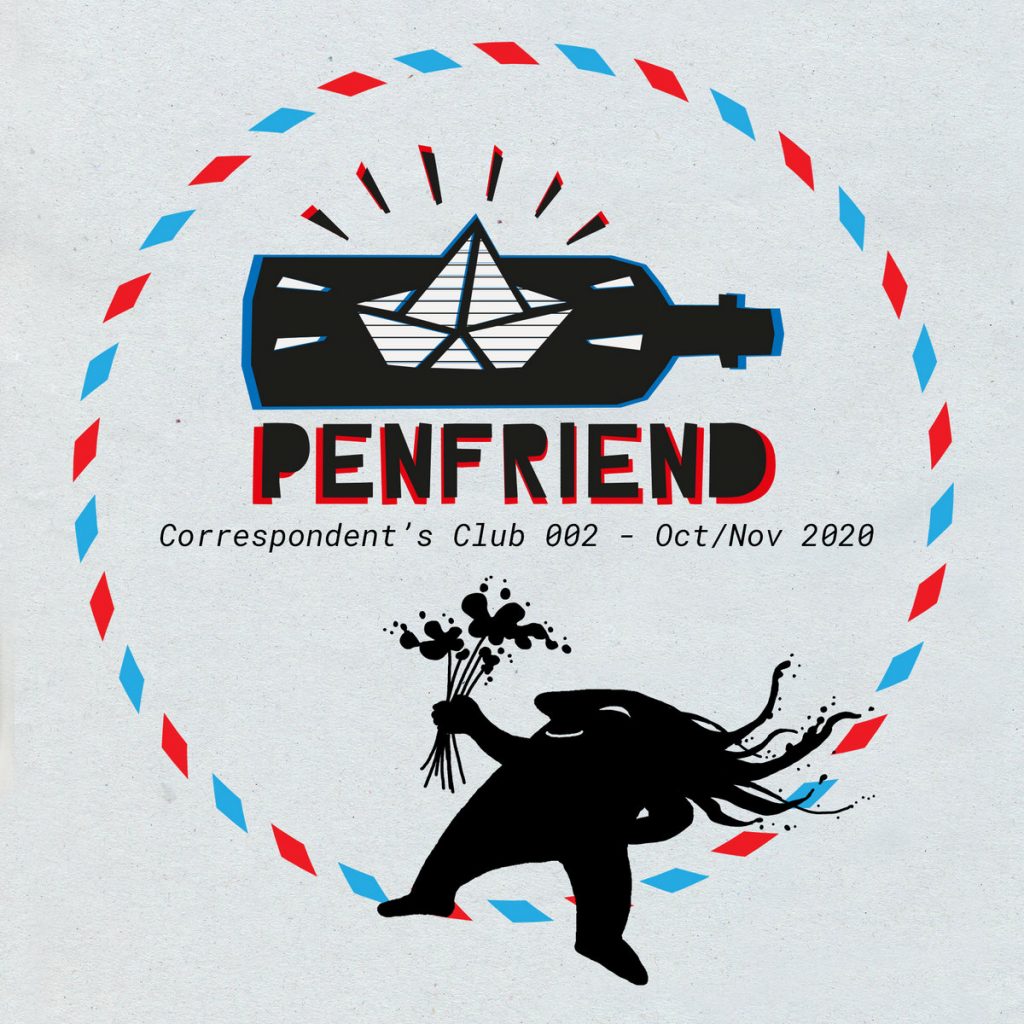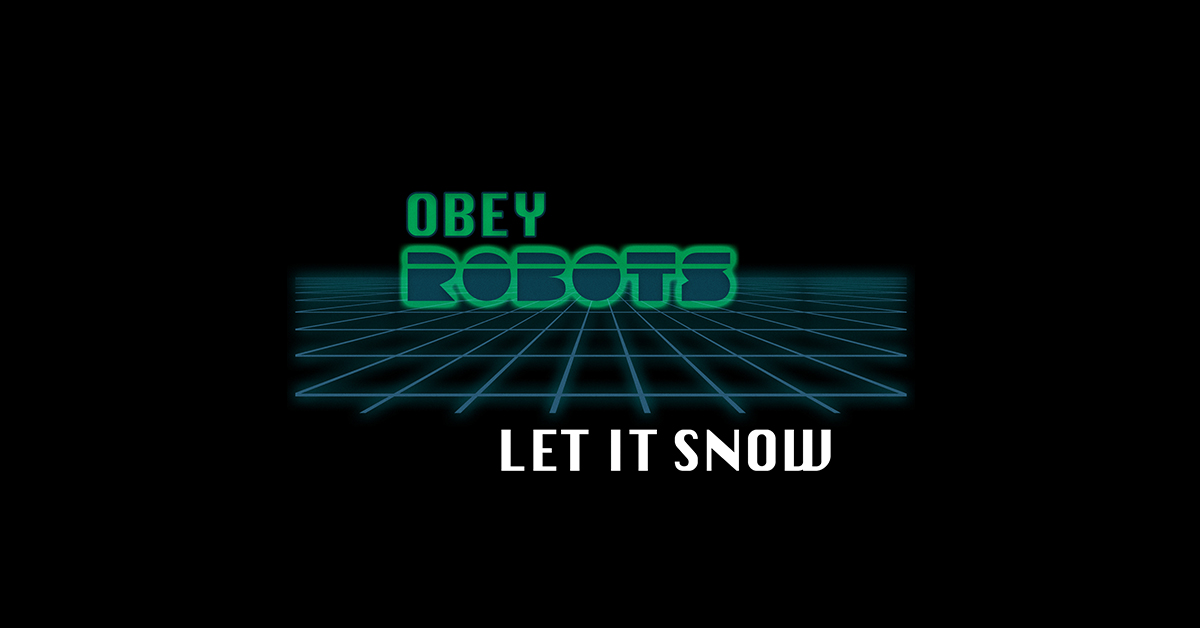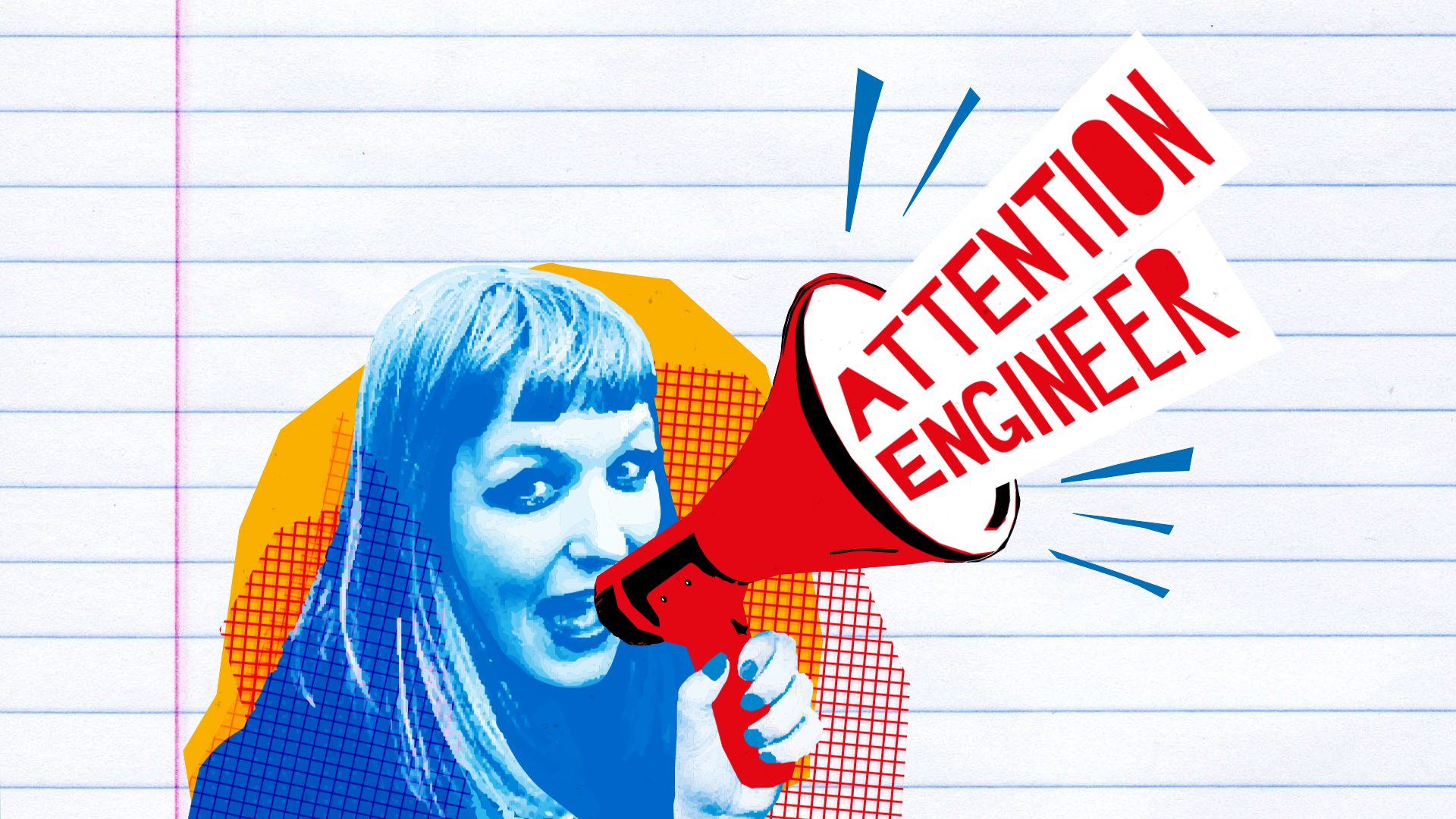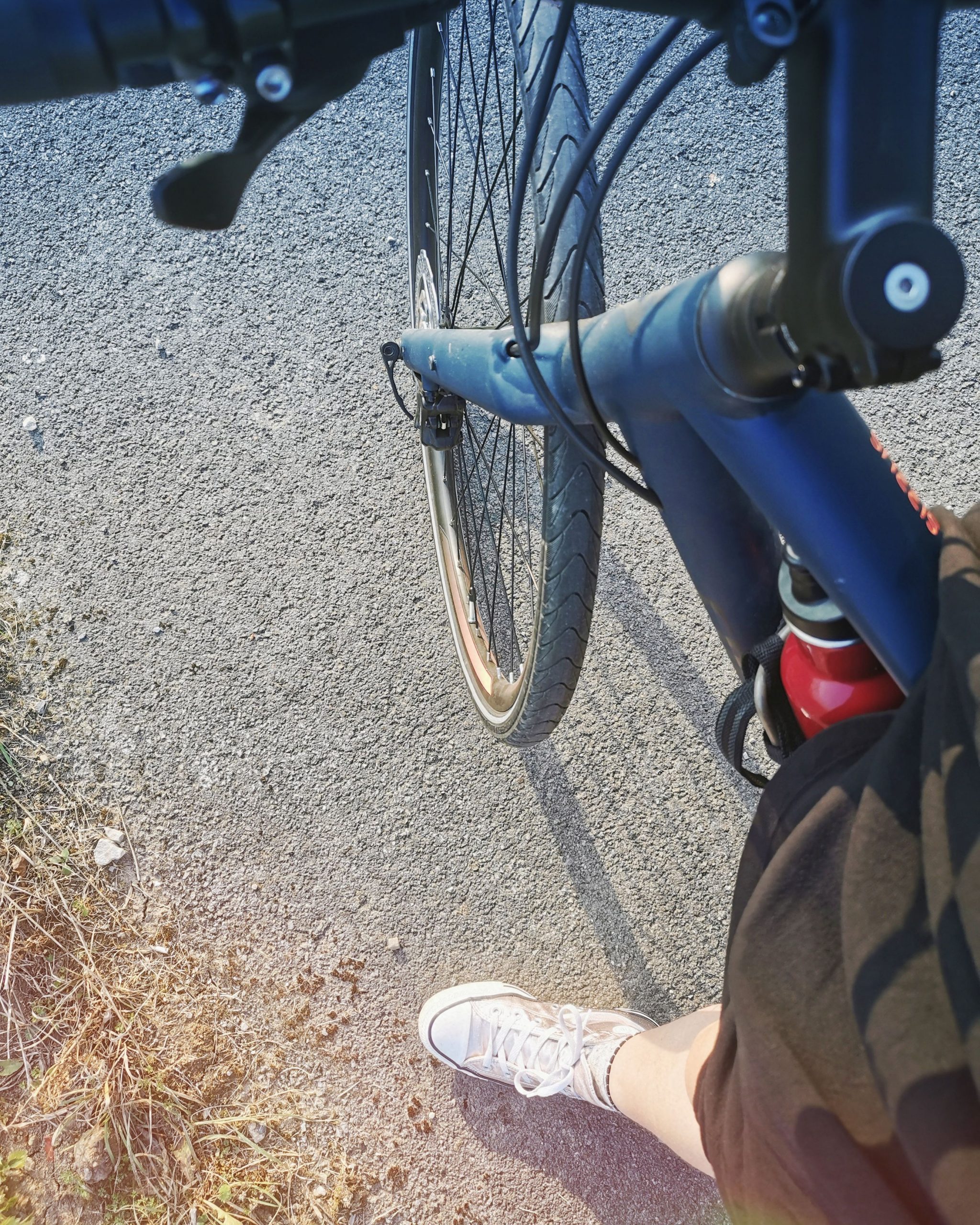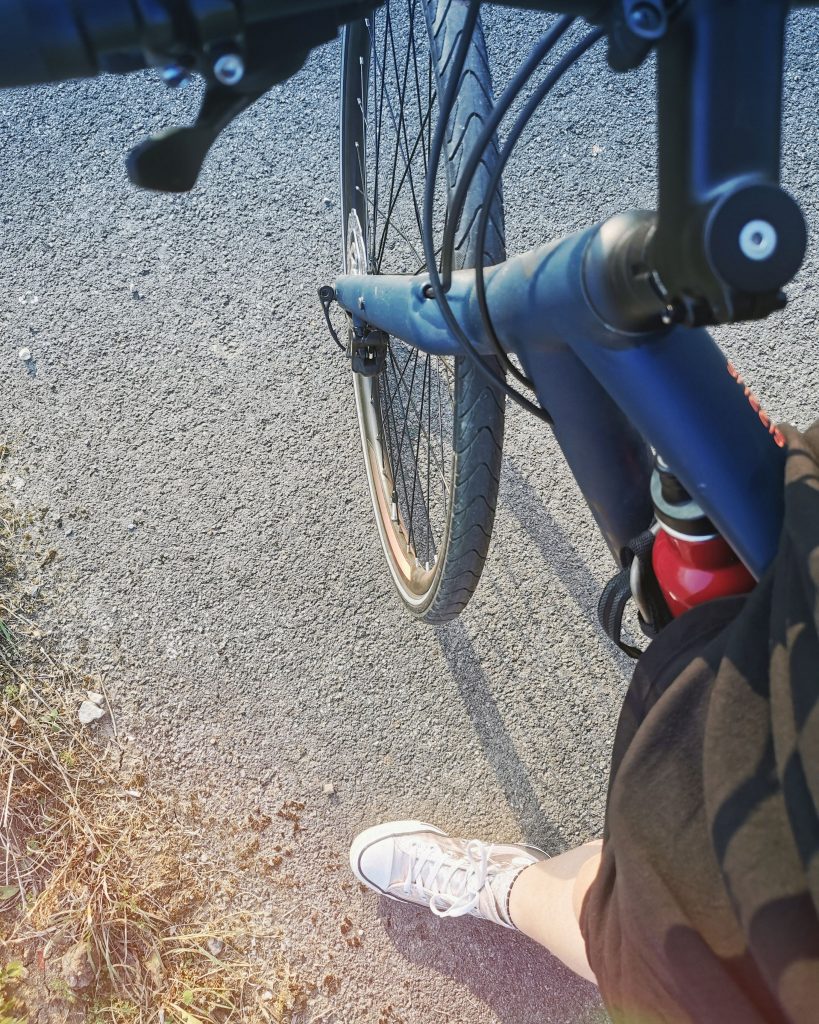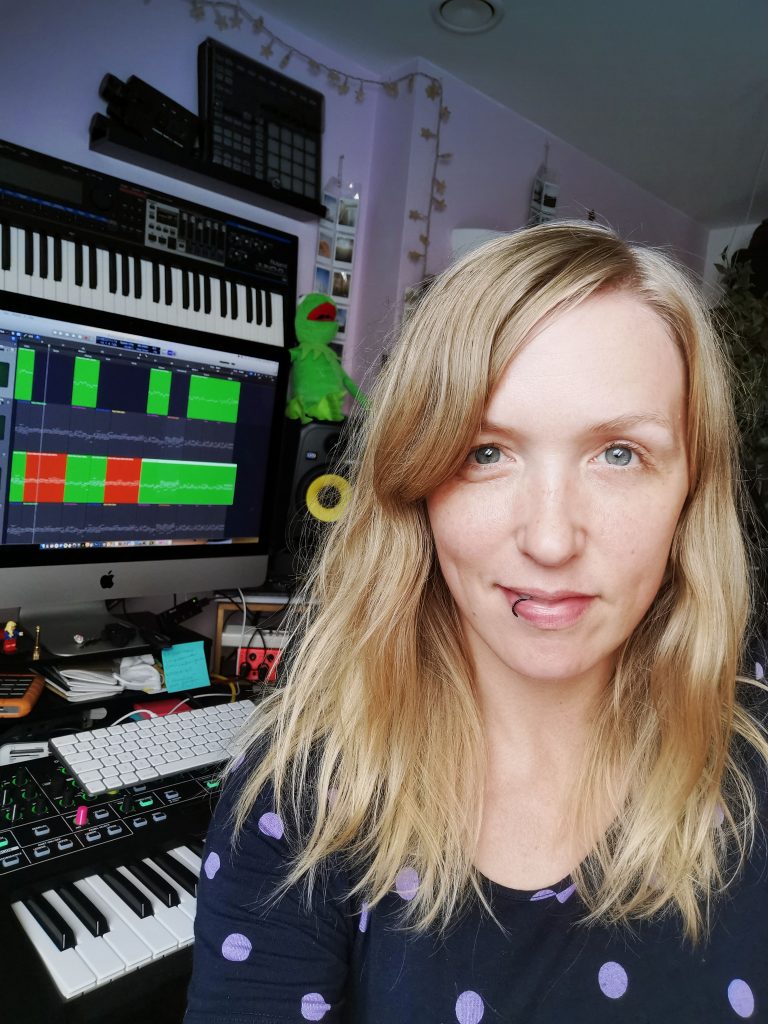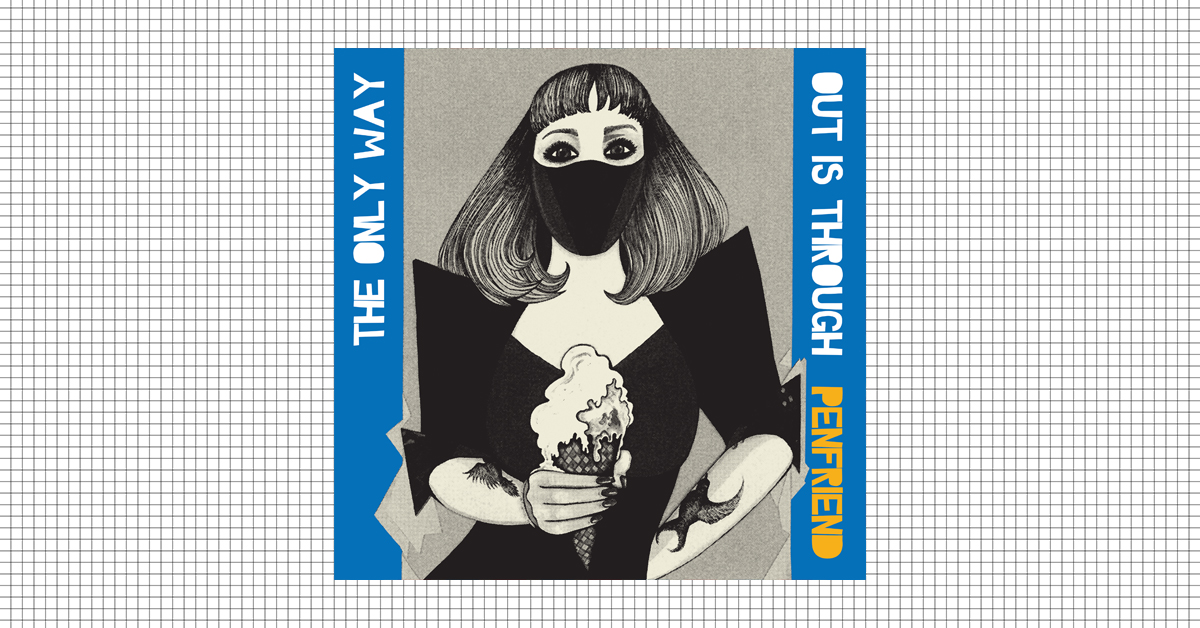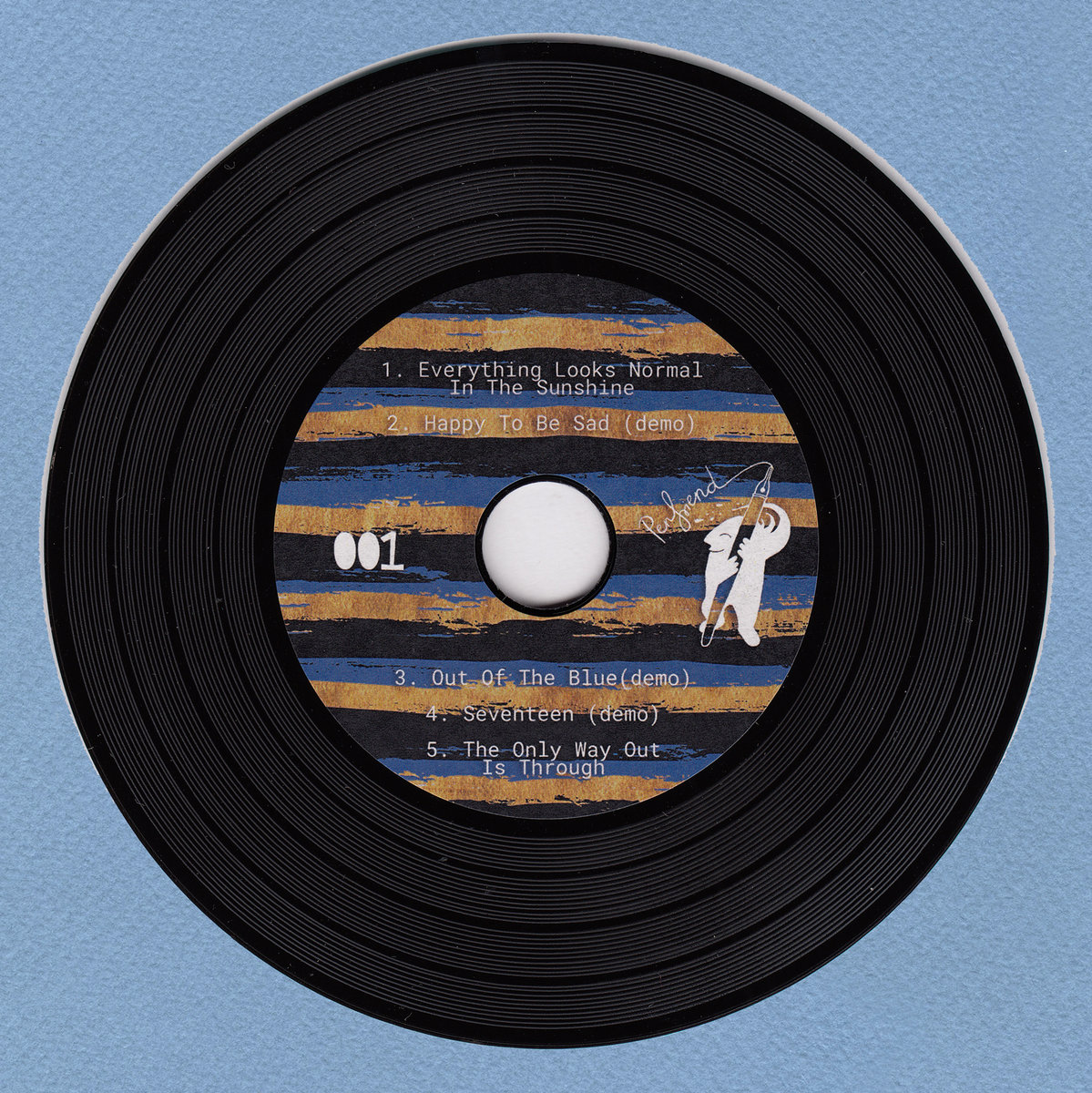At the end of last week, I was invited to write a piece sharing an artist’s perspective on a harsh new scheme to charge musicians to perform their own work during live-streams, the “small online live concert licence”.
I used this opportunity to try and put into words the magic that’s created between a performer and their audience and how precious that relationship is, and my article was published on Access All Areas website earlier today.
Great news – just hours later, PRS (the organisation who collects royalties on musical works in the UK) have made a U-turn. Power to the people.
In this time of international crisis, it’s been interesting to see how organisations choose to operate. Non-famous musicians are generally paid unfairly for our work, and there have always been vultures circling, but it was a low blow when the government glibly told us to “retrain” last year. Now PRS, without troubling themselves to consult members, are imposing harsh new measures to tithe us for the exploitation of our own work via their new “small online live concert licence”.
I think it’s important to remember what we’re dealing with here. My job as an artist, songwriter and producer is to pluck ideas from thin air, sculpting soundscapes from my imagination and wrapping stories tightly inside, forging a master key which has the potential to unlock the emotions of complete strangers. It’s a bonkers thing to do, and very hard to put into words, but its indefinability is part of its beauty. Nowhere is this magic more potent than in the atmosphere of a live performance, where musicians and music fans collide to create a beautiful, unique community for one night only.
I’ve always been keen to transcend the limits of the £50 support slot to connect with people further afield, so alongside regular touring I started live-streaming shows in 2013. I knew I had fans around the world who I’d never be able to play for otherwise, not to mention people with kids, irregular shift patterns, disabilities, financial burdens, physical safety concerns and any number of other issues that would prevent us from spending time together in the same room.
It wasn’t easy – the technology was clunky and confusing and things went wrong a lot. But it was worth it. For me, being an artist is about helping. A live performance is a gift I can give to someone who finds my work emotionally resonant, as well as something that benefits me. We’re all searching for moments where we feel our work is meaningful, a little boost onwards to write the next song, the next album, the next hopeful email. It’s almost nothing to do with money, though of course we also, quite reasonably, hope to be paid for our art.
When the pandemic hit last spring, streaming technology had developed to such a point that it was relatively easy for musicians to jump online and start giving of themselves to people who needed solace and connection. It was beautiful to see this generosity taking place, and to read that audience members valued this so highly.
The past 10 months have been hard on everyone. The loss of life has been devastating, the sacrifices made by keyworkers humbling, the toll on our mental health impossible to gauge. The live events industry is on its knees, artists like myself are receiving minimal or no government support, and we’re all dealing with issues around isolation, depression, existential fear and anxiety yet somehow – somehow, some artists have worked to maintain and nurture the precious connections between ourselves and our fans, this vital bridge that reminds us all that we’re not alone, that gives us hope for brighter days.
Artists have always been great at adapting and innovating – but now, at a time when many of us have lost our incomes, we’re being punished for it from the most unlikely places.
I respect copyright – hey, I still harbour hopes the songs I send out into the world will one day race home brandishing a meaningful paycheque – but justify to me the Kafka-esque scenario where not only am I the song’s creator, master rights owner and performer but the show’s venue, promoter, lighting/sound/visual technician and publicist. Before my gig even takes place, I have to pay a fixed fee – more than double what it would cost if my gig was taking place in a venue – to an external body who will supposedly pay it back to me, as the composer, in the future (minus their cut, of course). Is this the Orwellian future we were warned about?
PRS need to remember they don’t deal in pounds and pence, numbers on a spreadsheet, projected sales and ticket prices. They deal in people – those who delve deep to create the magic, and those who sustain it with open hearts and financial generosity. Whatever needs to be done to protect this relationship must be done, or we face a far darker future than the one we’re currently living through.
Congratulations and thanks to all the organisations who lobbied for this ridiculous rule to be overturned – The FAC, Musicians Union, Music Venue Trust and more.
Now we can all get back to the business of trying to stay afloat during a global pandemic.
We’re “Exotic Monsters” indeed…

THANK YOU for visiting my website! I’m Laura Kidd, a music producer, songwriter and podcaster based in Bristol, UK. It’s great to meet you.
+ Get FREE music immediately by joining The Correspondent’s Club (free and paid tiers available).
+ I send a thoughtful weekly email every week – choose the Freewheeler tier or upwards to receive it.
+ New episodes of my music podcast “Attention Engineer”are released every Wednesday – visit this page to find out more and subscribe via your favourite podcast platform.
+ You can also follow me around the web, on YouTube, Twitter, Instagram and Facebook.
Have a lovely day xo

